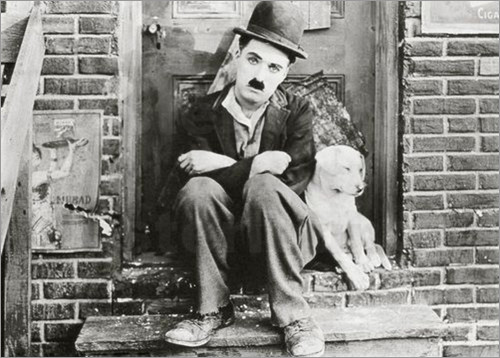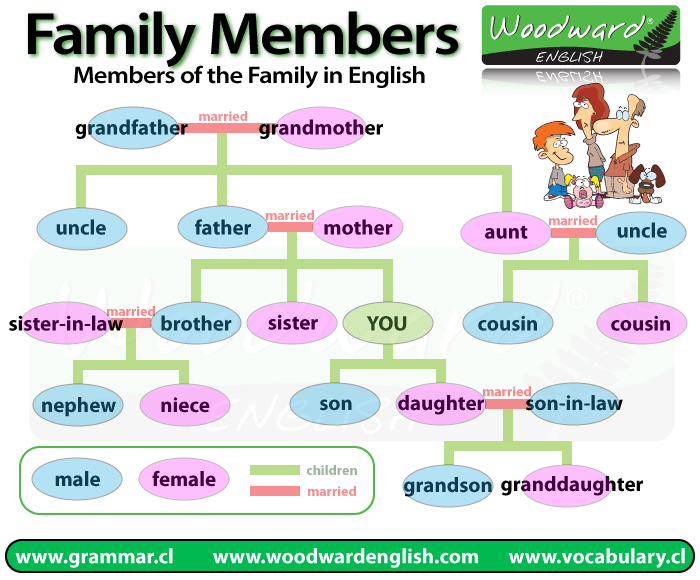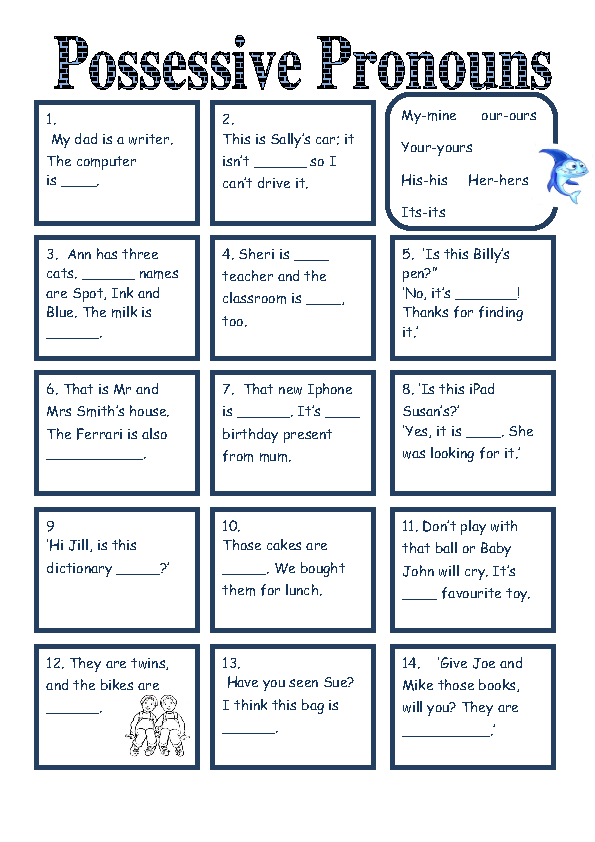Phrase "It's a dog's life" means that the life is difficult, unpleasant and wrecked.
According to yourdictionary.com this expression was first recorded in a 16th-century manuscript and alludes to the miserable subservient existence of dogs during this era. By the 1660s there was a proverb: “It's a dog's life, hunger and ease.” (More information about this phrase on www.wisegeek.com)
Examples:
Now I want you to see a silent film A Dog's Life (1918) written, produced and directed by Charlie Chaplin. In this film The Little Tramp (Маленький Бродяжка - герой Чарли Чаплина) teams up with a winsome mongrel terrier called Scraps.
Questions to the film:
- I'm tired of living a dog's life.
- I don't want to lead a dog's life any more.
- He is leading a dog’s life since he married the woman who everyone told him not to.
So phrases going to the dogs, dog tired, to die like a dog, dog’s dinner, dogsbody, dog eat dog all refer to a state of affairs best avoided. To get more idioms with a word 'dog' follow the link: www.engvid.com. There you can check your understanding filling in tests.
Now I want you to see a silent film A Dog's Life (1918) written, produced and directed by Charlie Chaplin. In this film The Little Tramp (Маленький Бродяжка - герой Чарли Чаплина) teams up with a winsome mongrel terrier called Scraps.
Questions to the film:
- Is it the first silent film you have seen? If not do you like silent films and what one is your favourite?
- If you are asked to act the first dialogue between the Little Tramp and a policeman what phrases will you use? Remeber that the policeman notices The tramp trying to snatch sausages to eat.
- Is a "loser" the right term to characterize the Little Tramp in the employment office?
- Does the scene in "the Green Lantern" while The Tramp is stealing buns make you laugh? How many buns to your mind does The Little Tramp eat there? Do you think it is the way The Tramp stuggle to survive?
- Do you think it is a comic idea to hide his dog in his trousers? And how do you like the dog's tail sticking out of the Tramp's trousers?
- Does the tramp fall in love with that dance hall singer?
- Is he impressed by her song?
- is their dance clumsy or a tender one?
- Is the Little Tramp lucky to get money from the thieves? Do things take a turn for the better after it?
- Where do The Tramp and The Singer settle down?
- Do their dreams come true? Is it his dog who helps him?
- Do you think it is a happy ending?










